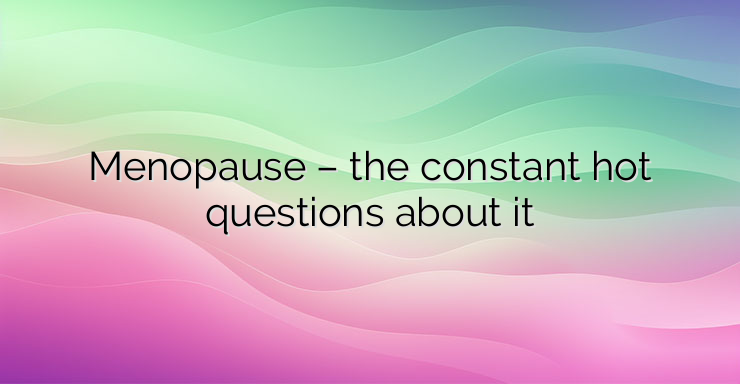Hey there! Let’s talk about menopause, shall we? It’s a big deal in a woman’s life, spanning about 10-15 years, where the ovaries gradually ease up on hormone production. We can break it down into three main stages: premenopause, menopause, and postmenopause.
Premenopause kicks off the show. This is when your menstrual cycles are still ticking like clockwork, but they might start to become a bit irregular as you hit your 40s. Menopause itself marks the end of menstruation, confirmed after a whole year without a period. On average, Bulgarian women hit menopause at around 53.
Now, what about factors that can influence when menopause hits? Well, diet, smoking, and weight play a role. If you’re chomping on the same old stuff every day, you might hit menopause earlier, like before 46. Smoking can also speed up the process by messing with hormone production. And if you’re carrying some extra pounds, that can delay menopause because fat cells produce estrogen.
But what if menopause comes knocking way too early? That’s what we call premature menopause, hitting before 35. It can happen due to surgeries, radiation treatments, or even a hysterectomy.
On the flip side, some women experience late menopause, still having periods after 55. This can be linked to things like obesity, uterine polyps, or fibroids. But keep in mind, prolonged exposure to estrogen increases the risk of certain cancers.
Now, let’s talk about what happens to your periods during this rollercoaster ride. As your reproductive years wind down, your periods start to change. They might stop abruptly (though that’s rare), gradually become lighter and less frequent, or become irregular. This unpredictability can catch some women off guard, thinking they’re in the clear for pregnancy when they’re not.


Leave a Reply